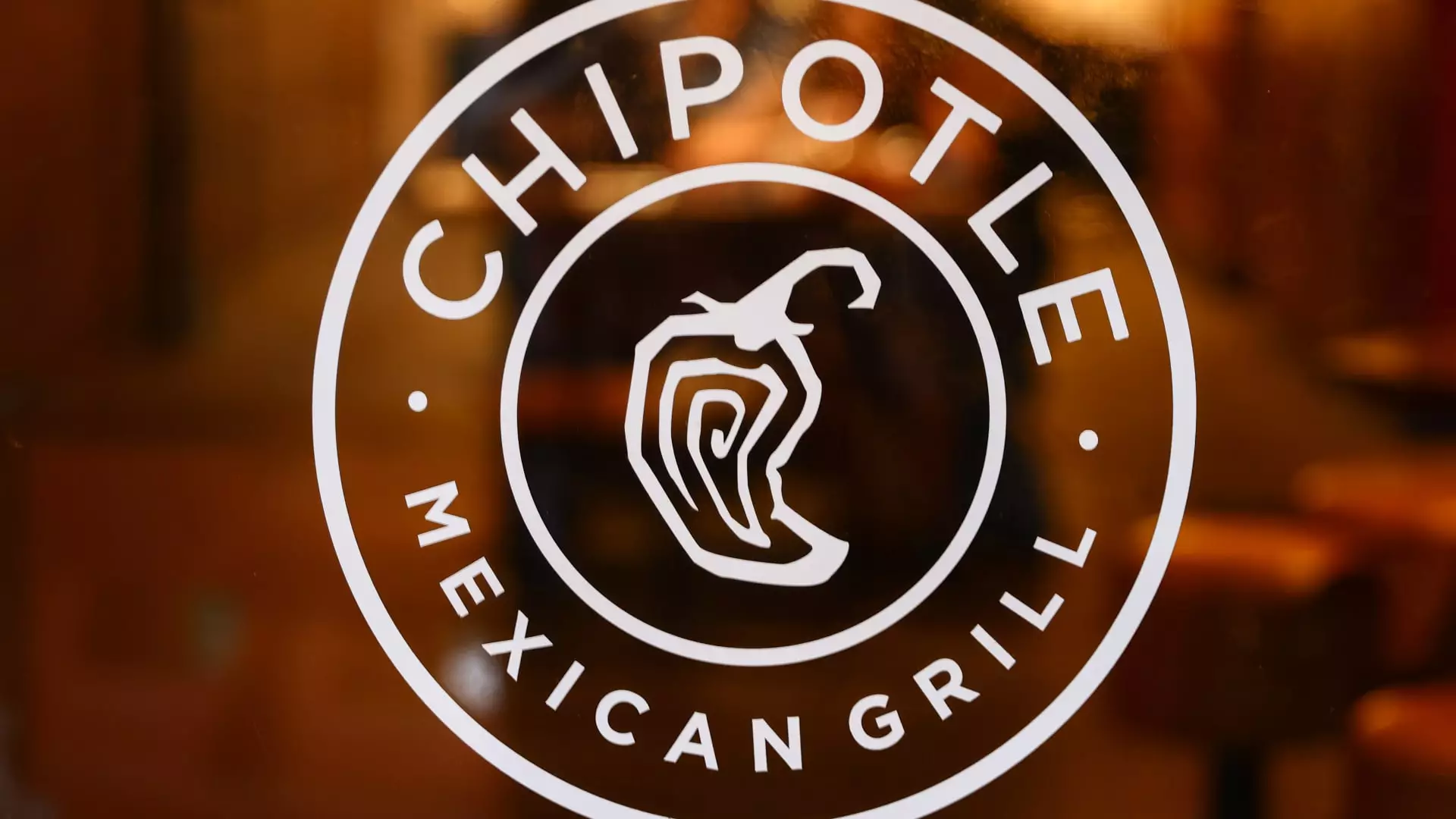Chipotle Mexican Grill’s decision to stake its claim in Mexico is a daring step that deserves scrutiny. While the allure of entering the epicenter of what they serve is palpable, the decision reeks of naïveté. The company, known for its Americanized interpretations of Mexican food, may find that authentic cuisine is rooted deeply in culture, tradition, and flavor profiles that simply cannot be commoditized. Chipotle’s focus on fresh ingredients might not be enough to woo a populace that has long-standing culinary favorites. One must ask: will Chipotle, an entity shaped by American taste buds, truly be able to resonant with Mexican consumers?
The Trouble With Trade and Tariffs
In the shadow of ongoing trade tensions, particularly under President Trump’s administration, entering Mexico is fraught with complications. The previous tariff of 25% on avocados from Mexico could serve as a harbinger of economic friction that might affect Chipotle’s financial viability. Despite Chipotle’s ability to secure avocados from various regions, half of its supply still emanates from Mexican growers. The question looms: in a volatile political environment, can they sustain reliable sourcing without inflated costs? The trade war isn’t just a backdrop; it could become a significant player in Chipotle’s profitability in this new venture.
Corporate Partnerships and Their Risks
Chipotle’s alliance with Alsea, a company with a varied food service portfolio, is a double-edged sword. While this partnership may offer immediate market access and local insights, it also raises questions regarding liability and brand control. Alsea’s past performance with other international brands may lack a proven track record when it comes to successfully launching and sustaining operations in the competitive Mexican market. Clever marketing strategies might fall short if the execution doesn’t align with the cultural nuances of Mexican consumers. A misstep here could dilute Chipotle’s brand equity, along with consumer trust.
A Faux Pas in a World of Authenticity
Chipotle’s recent attempts at international expansion highlight a troubling trend—an American-centric understanding of food that often underestimates local culinary identity. Taco Bell’s failed attempts to penetrate the Mexican market serve as cautionary tales. What makes Chipotle think it can succeed where its competitor faltered? The company’s ambition appears a bit presumptuous, assuming that consumers will welcome its American-style burritos and tacos without resistance. They may find that culinary authenticity is a stubborn beast to wrestle with, particularly in a land where food is a matter of heritage and national pride.
The Future: A Risky Gamble
In the end, Chipotle’s bid to establish a presence in Mexico feels more like a gamble than a strategic expansion. Will their offerings resonate with discerning palates accustomed to vibrant, layered flavors? Will they effectively navigate political pressures and tariff threats? As they plan subsequent expansions throughout Latin America, they must first prove their worth on home soil. There’s much at stake in this venture, and if history has taught us anything, it’s that understanding culture is crucial for survival in the culinary arena. Chipotle’s foray into Mexico might be free-spirited ambition, but without depth, it risks being yet another example of corporate overreach amidst an intricate tapestry of tradition.

